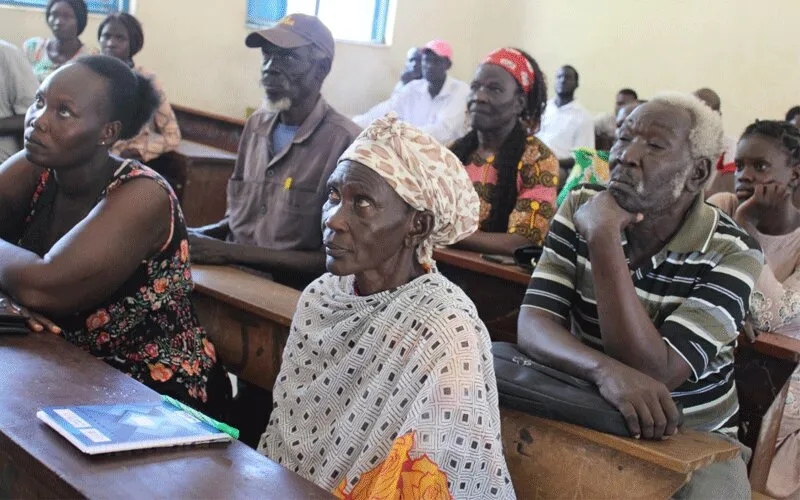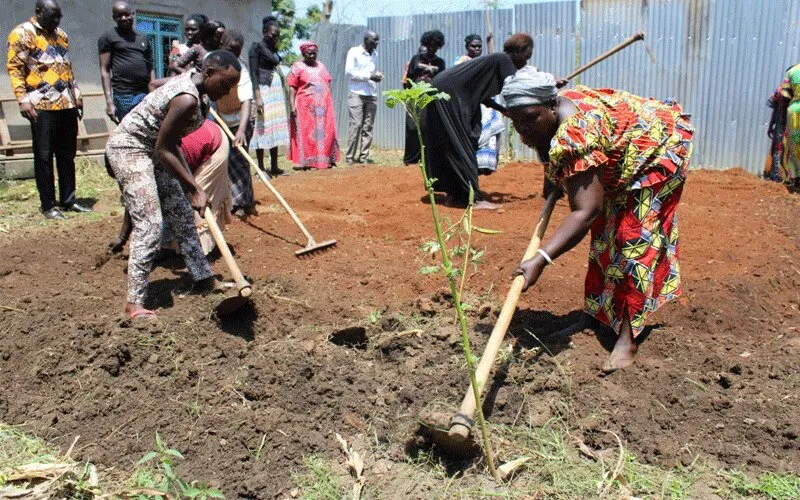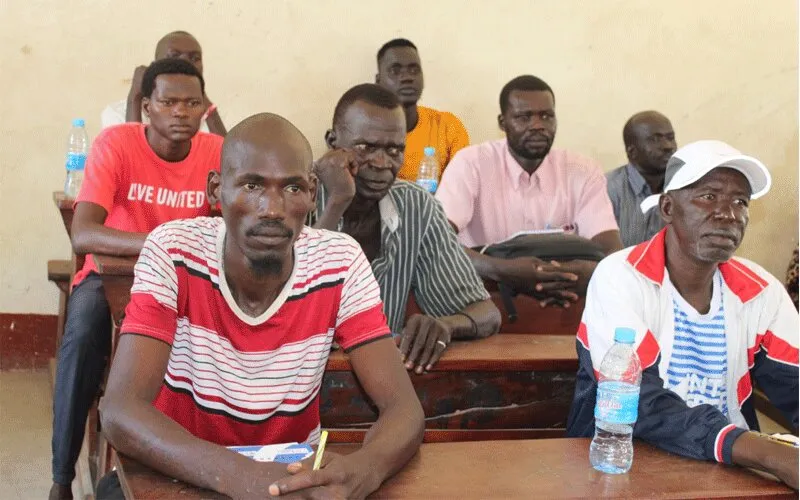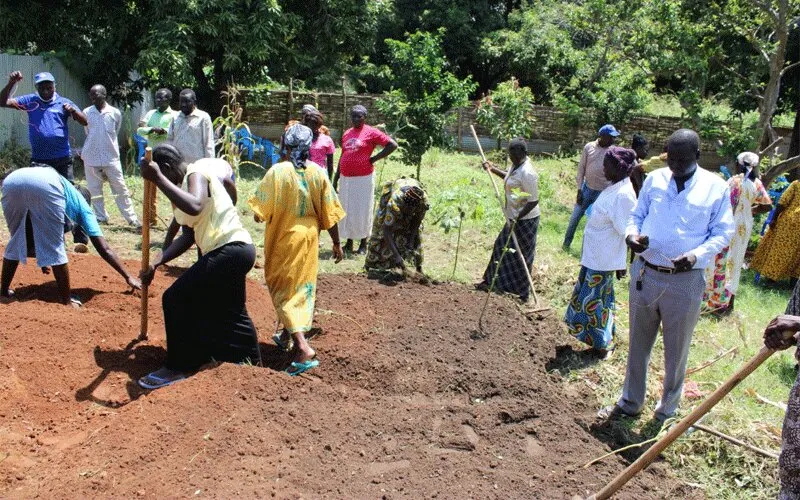On his part, Andrew Pax Kamilo, a participant in the same forum expressed numerous constraints that farmers face, further appealing to the government to provide them with necessary support they need to increase productivity.
“The government needs to provide communities with the seeds, tools and equipment for agriculture to be available to assist farmers who have the passion to work,” Kamilo told ACI Africa and added, “Production could be one among reasons leading to the weakness of our currency because South Sudanese do not produce.”
He further said, “There is no motivation, no skills, and no directives from the government because they are not focusing on the agriculture sector.”
Kamilo expressed concern about reports that many schools offer theoretical lessons on agriculture and underscored the need to make it practical with the learning, introducing more technological approach.
“The youth are not investing in the agricultural sector because they haven’t been motivated in this important area and that is why they are active in the other sector of economic activities,” he told ACI Africa.
(Story continues below)
According to Sebit Abella, a farmer in Juba Na Bari area, people cannot find a simple economic strategy farming vegetables within the compound; it is not just for family feeding but impactful on the general health of the society.
Sebit told ACI Africa, “Things are very expensive in the shops and the only way we can be in position to reduce prices in the market is to take part in home gardening so that what the foreigners bring to the market are not highly competed.”

The Bishops’ Charity organization in South Sudan is focusing its programs on improving productivity. From early September to October this year, CSS has been distributing seeds and tools in the five residential areas of the capital Juba to empower farmers with modern farming techniques.
In an interview with ACI Africa after the session Training October 22, Joseph Pasquale, the Humanitarian Coordinator for CSS said that their organization is embarking on a second phase towards improving food security and livelihood, which would include training.
“After giving the farmers seeds, we are following up to see how far they have implemented in their farms of homesteads. This training is to give farmers skills and knowledge, especially on farming techniques on how to do their individual farms,” Pasquale said.
Skills imparted in the training include basic ideas of what a necessary seedbed is, skills on how to set a seedbed, spacing between rows and several aspects of seed nursery management.
The Caritas official expressed optimism that should security improve in the country, the project will be extended to areas outside the capital Juba to benefit more local communities.
He said that where security is an issue, households are being empowered to manage small gardens in their homesteads where they feel safe.
“If Caritas approaches of home gardening are adopted, families will definitely have better income and the market prices will be affected in their favor, prices will drop because market forces of demand and supply will be very clear,” he said.












